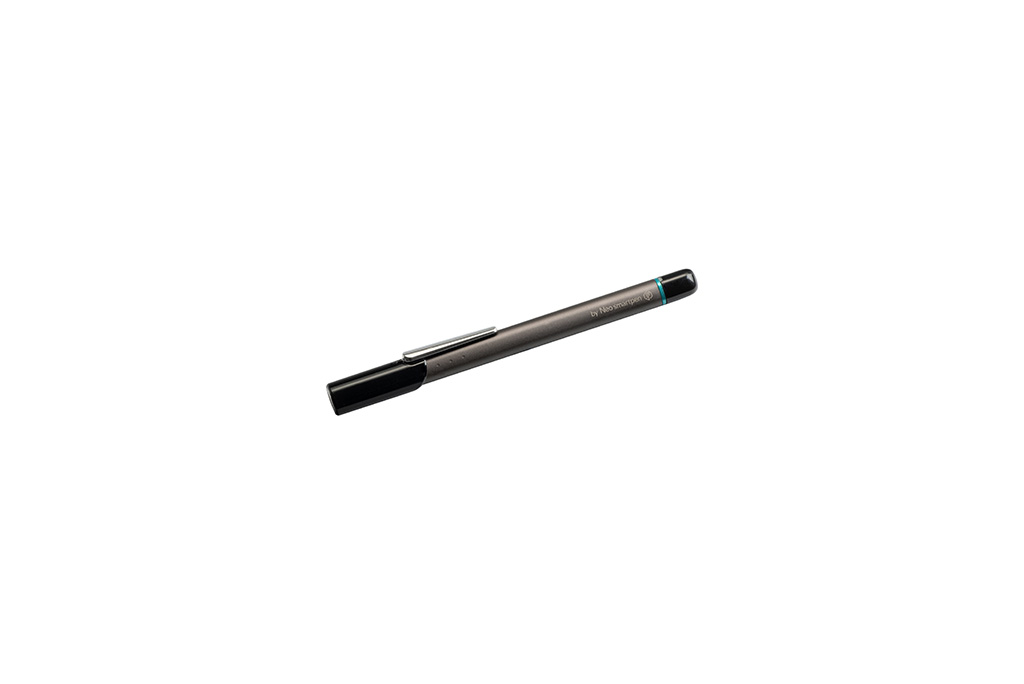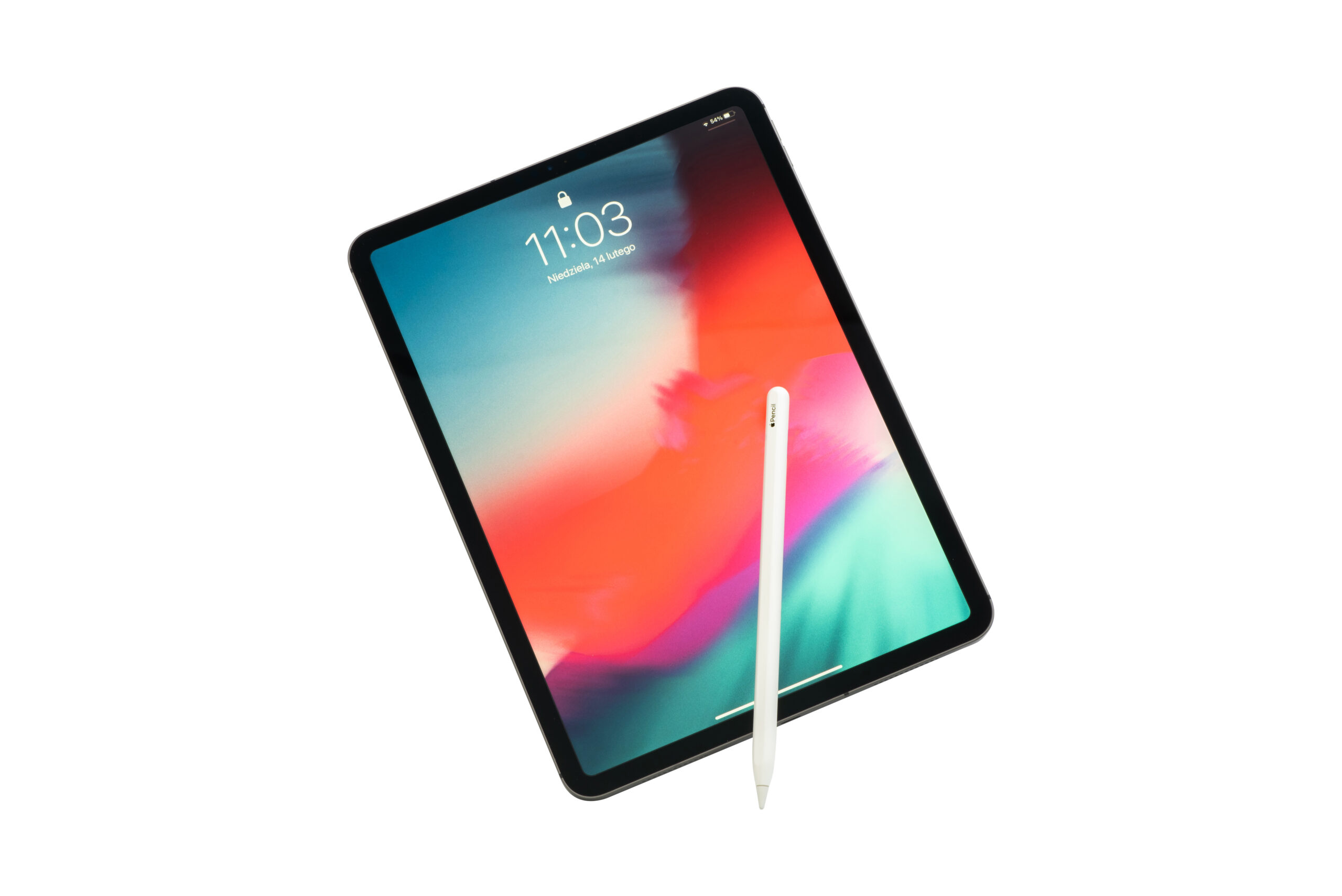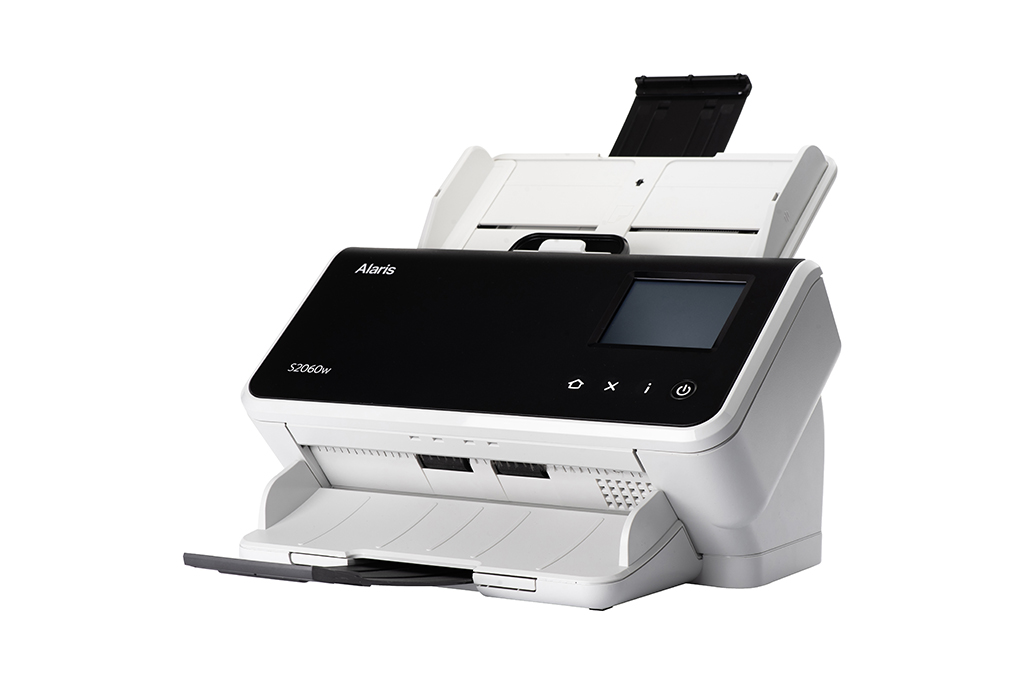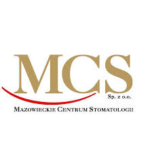
IC Pen is a solution which, without radical changes in the organization of medical facilities, will allow for efficient and safe implementation of Electronic Documentation in accordance with applicable legal regulations, including the ISO 10781 standard.
IC Pen System
A hybrid system that digitizes
patient consents and declarations of will.
The recipients of our solution are employees and beneficiaries of health care and social care services. We try to support medical staff in their daily work so that they can devote as much time as possible to their patients and charges. This is possible thanks to our IC Pen system, which uses digital pens to prepare medical records.
IC Pen System
Automatic digitization of medical records

digital pens IC Pen
Creation of EMR with
Often, the attention of the doctor and the medical staff must focus on many activities at once. Subsequent stages of patient assistance and treatment require special care and commitment, which means that the completion of formalities and the creation of often complex patient documentation interferes with the natural mode of work or does not take place synchronously.
The patient care process involves a number of documents that are either assigned to a specific point in the facility or transferred between them. Therefore, the greatest challenge facing the management is to choose the optimal method of computerisation of healthcare facilities.
The simplicity and intuitiveness of using a digital pen is a user-friendly solution for all users. Doctors and other healthcare professionals, including nurses, physiotherapists and receptionists, can use the IC Pen system and digital pen technology without time-consuming training. The only requirement that must be met in order to use the IC Pen effectively is a natural handwriting skill.

IC Pen System
Reception
Each time a new patient is admitted to the hospital, they must fill in a personal form. Performing this task manually, although faster and more convenient, requires the later transfer of data to a computer system, which takes up valuable time that the E.R. staff could devote to the next patients. Entering data directly into the computer can cause many technical problems. Moreover, most patients feel treated with too little interest when most of the receptionist’s attention is occupied with looking at the keyboard or monitor screen every now and then. The use of digital pens allows you to combine a convenient system of filling in personal forms manually, with creating in the memory of the device in an automatic way their electronic version, which sent to the computer can be saved and used to create further medical documentation.
This solution has already proved its worth in the Mazovian Dentistry Centre in Warsaw.

IC Pen System
Patient records
Each patient has a card at their bedside with instructions for medical staff about their medical history, medications, recommended diets and medical examinations. Here, the use of digital pens is particularly wide and can facilitate the functioning of the staff and provide patients with the highest level of service. As soon as the doctor has filled in the patient’s card, the data entered by the doctor can be stored on a hospital server, from which other employees can download information. Nurses will be able to check, without leaving their room, for which patient, at what time and which medicines to administer, in which room the patient is located and what other activities should be performed with him/her. Also, individual laboratories will be able to receive information about the need to perform tests, which will facilitate their earlier preparation, creating a list of patients waiting for a given procedure and establishing them in the order in which they are reported in accordance with the order of the examination and their priority. Thanks to this, hospital employees will be able to save a lot of time, which is wasted on the need to personally pass on basic information about working with a patient and allocate it to help their patients.

IC Pen System
Patient consent
The informed consent of the patient, being an element of medical documentation, is protected by the Convention for the Protection of Human Rights. Infringement of the patient’s right to consent, regardless of the cause of injury, is the basis of the claim. Therefore, the way in which the patient’s consent is obtained and the patient’s willingness to do so is particularly important.
The main feature of conscious consent is its comprehensibility for the patient. According to the above, the patient should be informed about the course and prognosis of treatment in an accessible way, taking into account his/her age, education, social status, etc. The standard of conduct should be to certify with a handwritten signature in the medical records the fact of the conversation and the possibility of freely asking questions to the doctor. Failure to observe the form of written consent means that evidence from the examination of witnesses may be inadmissible in the court proceedings. Therefore, maintaining the form of written consent to administer or change a medicine may be of key importance.
Verifying a patient’s informed consent is not just about assessing the consent form; the consent process is more important. Although the patient consent form is evidence of consent, it is not the sole basis for assessing whether the patient’s rights have been respected. The responsibility for the correctness of the consent process lies with the physician and the therapist.
The certification of consent by means of the IC Pen makes it possible to obtain a contextual signature on both digital and paper media that is accessible to everyone. Moreover, thanks to the biometric signature obtained by the IC Pen technology, it is easy to show, among other things, the exact time of obtaining consent, and also to check whether consent was obtained prior to a given procedure or treatment.
Medical interviews
Multi-page medical interviews are the basis for knowledge about the patient’s state of health at the beginning of his hospital stay. As with the personal forms filled in at the reception desk, notes made during a doctor’s conversation with a person admitted to the hospital can be recorded manually, on a standard sheet, and then transferred to a computer, where they are stored and archived in electronic files. This enables easy and quick access to information, and also makes it easier to read, thanks to a handwriting recognition system that converts handwriting into typewriter.





